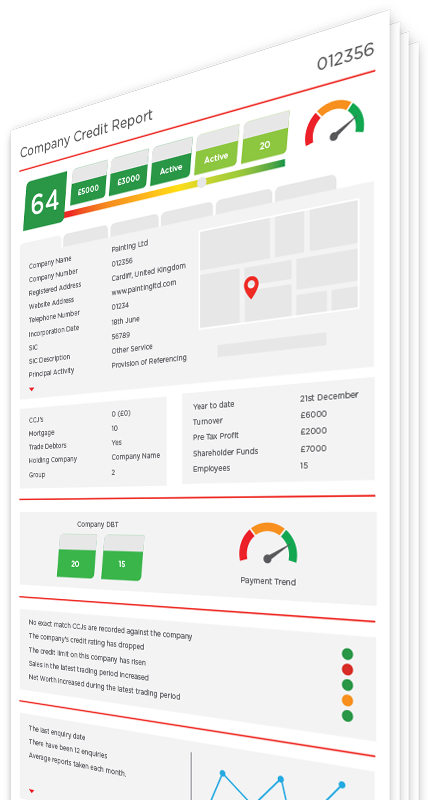In every state, different laws and legislations are being created to ensure an updated state of compliance.
In Maine, the legislation called LD 225 will come into effect on the 1st of January 2023. At this time, employers will have to pay their employees their vacation days if they were left unused. While the LD 1786 prevents government businesses from discriminating against employees or customers for reasons such as sex, race, color, gender identity, sexual orientation, disability, religion, age, or familial status.
These changes may not affect your business's finances on a surface level, but failing to comply with them will cause hefty fines, damage to your reputation, and even legal action (such as imprisonment).
From January 30th, 2022, the federal government declared that all new contracts, extended contracts, and renewed contracts must give employees at least $15 an hour.
In the same month, the tax laws change. If a small business owner or a freelancer used a third party to create a digital service helping you manage credit cards (such as PayPal and Venmo), the third-party provider must declare how much you earned. This change was designed to make taxes easier on small businesses and stop tax fraud.
And due to the pandemic, many states have declared family leave legislation. This allowed parents and caregivers to take leave to look after their family - such as disabled members, the elderly, or children.





